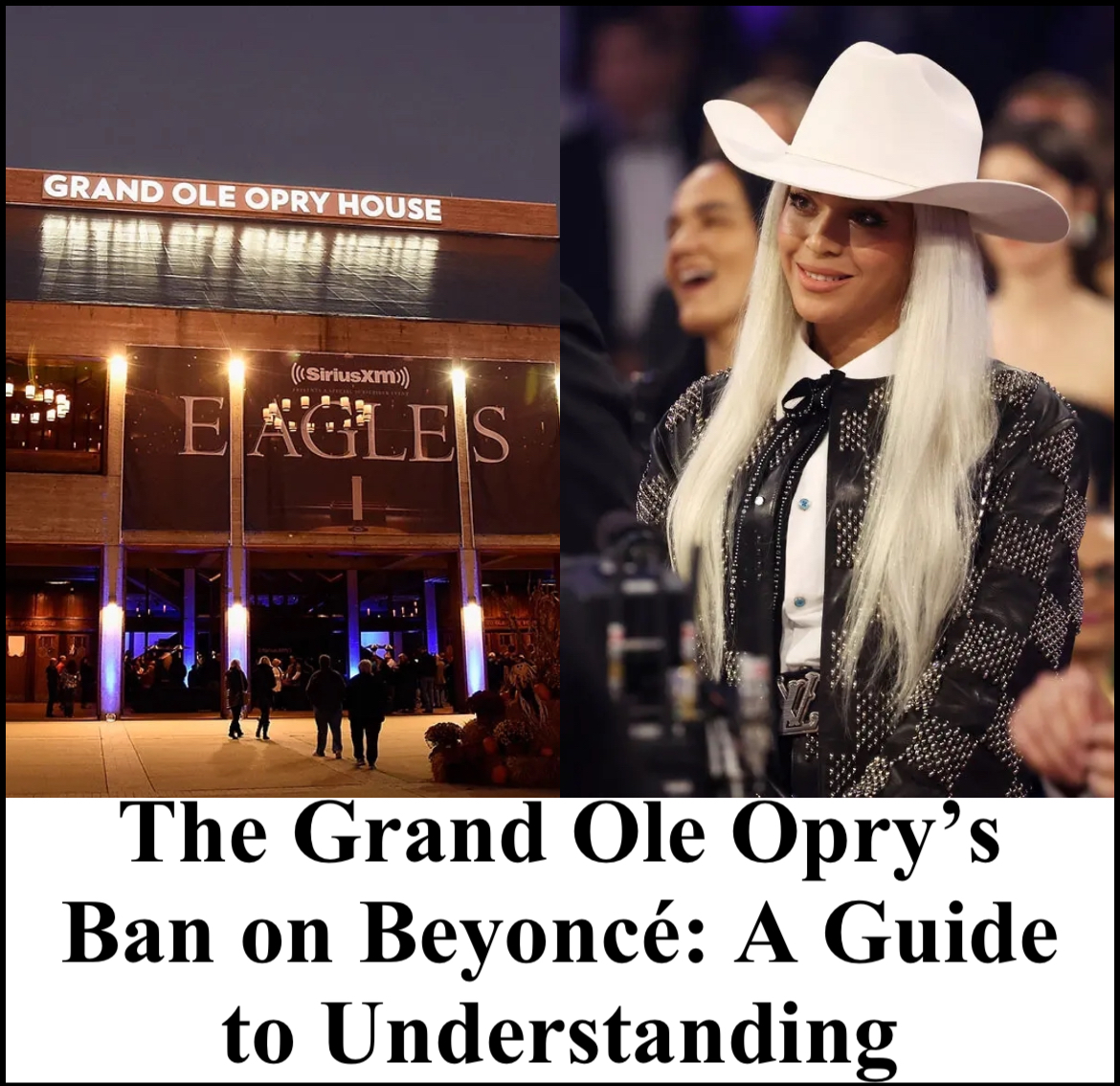
The Grand Ole Opry, a legendary institution in country music, found itself at the center of controversy when rumors surfaced about a ban on Beyoncé performing on its stage. This guide aims to delve into the reasons behind this decision and the broader implications it holds for the music industry.
*The Origin of the Ban*: Reports of the ban stemmed from speculation and hearsay rather than official statements from the Opry itself. However, it sparked a heated debate about racial dynamics within country music and the perceived boundaries of the genre.
*Cultural Clash*: Beyoncé, a global superstar known primarily for her work in pop and R&B, represents a departure from the traditional country sound associated with the Grand Ole Opry. Some argued that her inclusion would dilute the Opry’s cultural heritage, while others saw it as an opportunity to embrace diversity and expand the genre’s reach.
*Historical Context*: The controversy underscored deeper issues of representation and inclusion within country music, which has historically been dominated by white artists. Critics pointed to the genre’s roots in African American musical traditions and called for greater recognition of its diverse influences.
In conclusion, while the Grand Ole Opry’s alleged ban on Beyoncé may have ignited controversy, it also provided an opportunity for reflection and discussion within the music community. Whether or not Beyoncé ever graces the Opry stage, the conversation it sparked serves as a reminder of the power of music to unite and divide, and the importance of embracing diversity in all its forms.